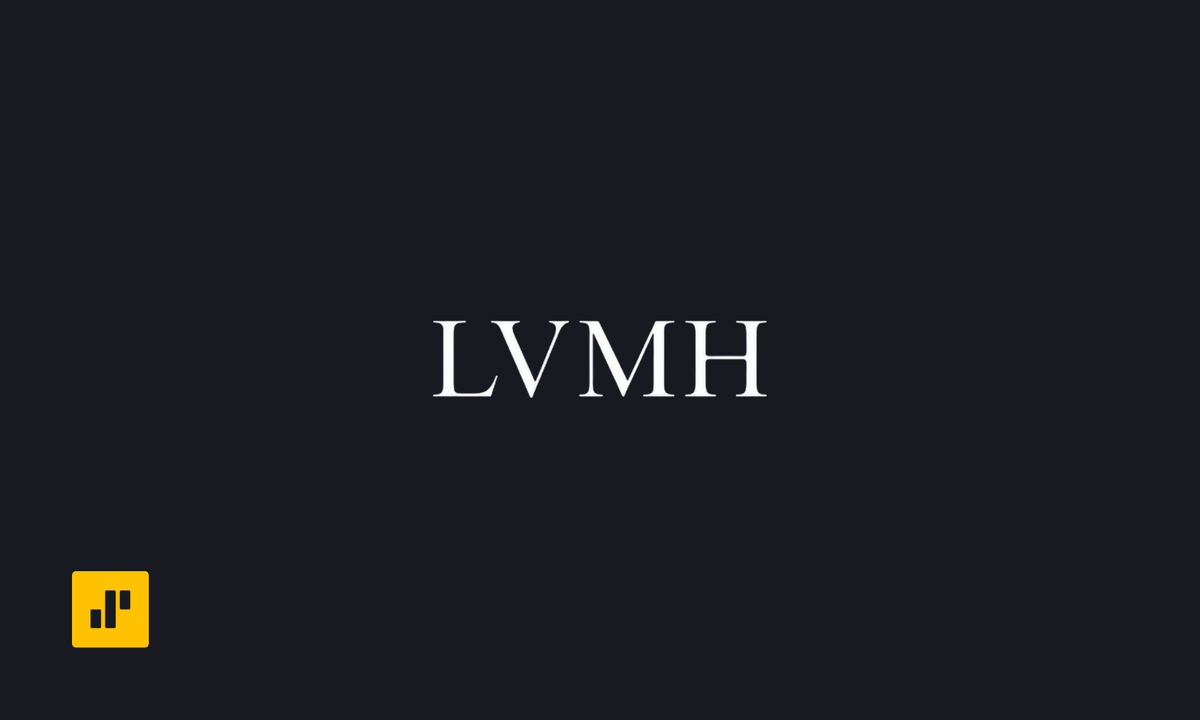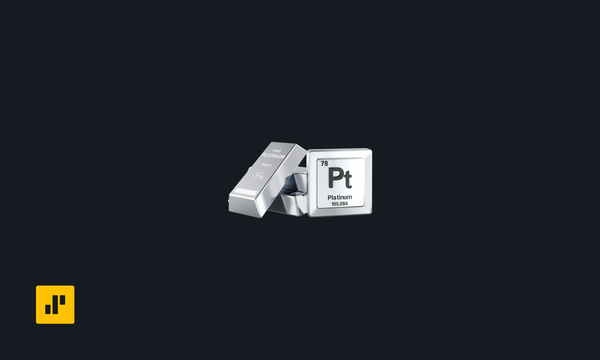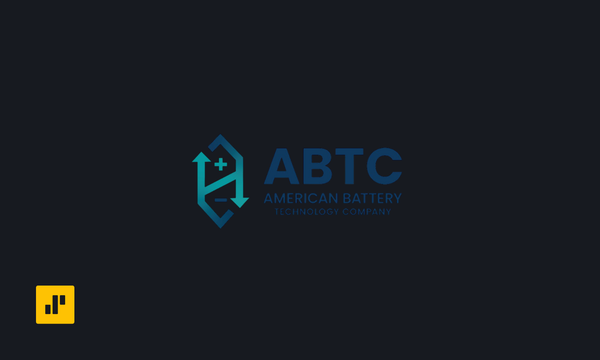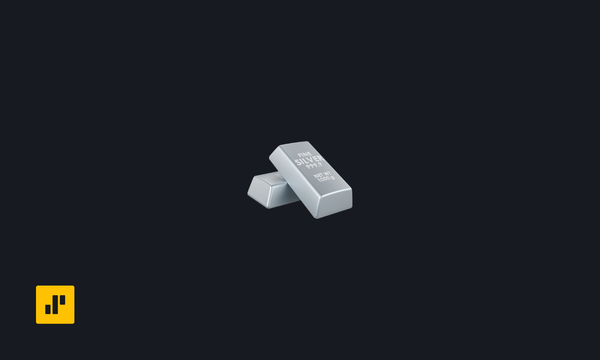Trade Idea: Long the Wealth Gap

Rampant inflation leads to a widening of the wealth gap. The rich get richer and the poor get poorer. This thematic trade can be expressed through longing the leading luxury goods company (LVMH) and shorting a TAP (Molson Coors), a slowing beer company. LVMH's primary demographic is wealthier than that of Molson Coors giving it a significant advantage in an inflationary environment where consumers are rapidly losing purchasing power.

🏷️ Name: LVMH + Molson Coors
💠 Ticker: $LVMHF + $TAP
📈 Direction: Long $LVMH, Short $TAP
🎯 Entry: 12.68
🎯 Target: 120.44
🛑 Stop Loss: 8.17
⚖️ Risk / Reward: 24 : 1
Note: On pair trades make sure to chart the assets against each other (LVMHF/TAP) to calculate the appropriate levels.
Molson Coors faces a problematic decline in interest from Gen Z and Millenials in addition to a lack of affordability from younger demographics that have traditionally enjoyed their products.:
Millennials and Gen Z are drinking less beer, and alcohol in general, due to factors like a greater focus on health and wellness, the influence of social media, and changing social norms. These generations are also shifting toward non-alcoholic beverages and alternative social activities, which is significantly impacting the alcohol industry. Reasons for declining beer consumption
Health and wellness: There is a heightened awareness of both mental and physical health. Many in these generations see alcohol as a negative for both, with a significant portion viewing binge drinking as risky. They are more likely to choose healthy lifestyles over heavy drinking.
Social media and image: Social media creates a fear of "losing control" and having evidence of it shared online, which can deter drinking. Maintaining an online image is important, and this can influence choices about activities that might lead to a loss of control.
Changing socialization patterns: Socializing is shifting to online spaces where drinking is not a central activity. Instead of bar-focused happy hours, digital hangouts and other activities are gaining popularity.
Increased cost: While not the sole reason, the cost of alcohol is a factor, especially as young people are prioritizing different spending habits.
Alternative consumption
Non-alcoholic and low-alcohol beverages: The rise in "sober curiosity" has led to a surge in sales for non-alcoholic beers, wines, and cocktails, notes Forbes.
Sober-friendly activities: There is a growing trend in wellness retreats, dry bars, and other social events where alcohol is not the focus.
Impact on the industry
Alcohol companies are responding by investing in non-alcoholic and low-alcohol options to appeal to younger consumers, explains Forbes.
The shift away from beer and toward other drinks means the beer industry is facing significant challenges in attracting this consumer base.
LVMH has a luxury alcohol arm (Moet Hennessy) which provides a hedge to the "declining interest in alcohol" theme. In other words, if alcohol gains popularity again, LVMH also benefits.





